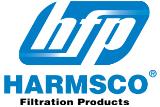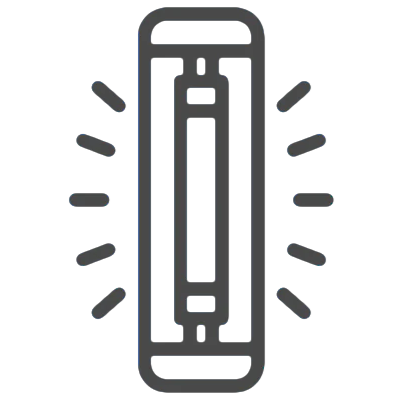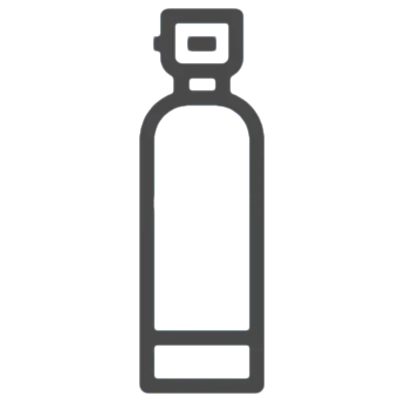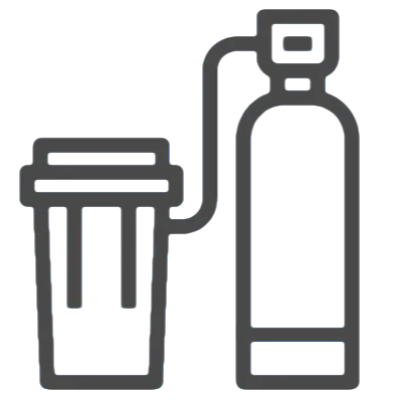-
Shop Brands
Manufacturer Brands
-
 Aquatec
Aquatec
-
 AquiSense Technologies
AquiSense Technologies
-
 Autotrol-Pentair
Autotrol-Pentair
-
 Aries FilterWorks
Aries FilterWorks
-
 Boshart Industries
Boshart Industries
-
 Calefactio Dole HG Spec
Calefactio Dole HG Spec
-
 Clack Corporation
Clack Corporation
-
 Crystal Mountain Coolers
Crystal Mountain Coolers
-
 DAB
DAB
-
 DMfit
DMfit
-
 Dow - Filmtec
Dow - Filmtec
-
 Everpure
Everpure
-
 Filtrex Matrix GreenBlock
Filtrex Matrix GreenBlock
-
 Fleck-Pentair
Fleck-Pentair
-
 Flexcon
Flexcon
-
 Franklin Electric
Franklin Electric
-
 GE Osmonics Desal
GE Osmonics Desal
-
 Grundfos
Grundfos
-
 Harmsco
Harmsco
-
 Jaco Fittings
Jaco Fittings
-
 HM Digital
HM Digital
-
 Hydrotech-Canature-WaterGroup
Hydrotech-Canature-WaterGroup
-
 John Guest SpeedFit-ProLock
John Guest SpeedFit-ProLock
-
 Kenmore, North Star, Ecowater
Kenmore, North Star, Ecowater
-
 Microline
Microline
-
 Megahome
Megahome
-
 Omnipure
Omnipure
-
 Pentek
Pentek
-
 Pro Products
Pro Products
-
 Rainshowr
Rainshowr
-
 Rusco
Rusco
-
 SenSafe WaterWorks ITS
SenSafe WaterWorks ITS
-
 Shurflo - Pentair
Shurflo - Pentair
-
 Structural-Pentair
Structural-Pentair
-
 The Water Guy
The Water Guy
-
 United Filters International
United Filters International
-
 UV Dynamics
UV Dynamics
-
 UVPure
UVPure
-
 Veolia / Suez
Veolia / Suez
-
 Viqua
Viqua
-
 Viqua - Sterilight
Viqua - Sterilight
-
 Viqua - Trojan
Viqua - Trojan
-
 Waterite
Waterite
-
 Wedeco Ideal Horizons
Wedeco Ideal Horizons
-
 Wilo
Wilo
-
 WOW Topper
WOW Topper
-
-
Articles
-
Latest Article
-
Posted on Jan 29, 2025Financing with Affirm is Now Available as a Payment Option on our Website and in our store!
-
-
Recent Articles
-
-
The Water Guy has a New Website! Welcome to The Water Guy's New Website! We are thrilled to announce the launch of our brand-new website! Our new si...Nov 11, 2024
-
Tired of yet another boil water advisory? In today's news, nearly 10,000 residents in west Abbotsford, B.C. Canada, are facing a boil water advisory du...Nov 09, 2024
-
Advantages of LED UV Lights Over Mercury Vapor Lamps Energy Efficiency: LED UV lights consume significantly less power while providing the same level o...Oct 06, 2024
-
-
-
Latest Article
- Education
-
Since 1989
-
Happy Customers
-
Thank you for your service and your care. We hope, and will certainly, have business with you again.- J.D., Ottawa - ONthe response time for every email was just minutes and my part was found incredibly quickly.- P.H., CalgaryI appreciate your absolutely awesome service, your support and great product at an affordable price.- T.S., ON
-
-
Happy Customers
-
Support
-
Happy Customers
-
Just received our grundfos shallow well pump. Thanks for prompt delivery, pump Installed and working great. Thanks so much. will recommend the Water Guy to Others- M.P., Victoria - BCHey guys Just received the new filter ! thanks alot and kudos for the prompt reply and the fast shipping and fixing of that problem- C.D., Lethbridge - ABIt's nice to find a Canadian Company having prices competitive with US Companies. Gratefully,- I.L., Edmonton - AB
-
-
Happy Customers
- Chemicals & Cleaners
- Drinking Water Systems & Parts
- Installation Supplies
- Leak Detection & Prevention
- Pumps & Pump Parts
- Reverse Osmosis Systems
- UV Light Sterilizers
- Water Filter Housings & Kits
-
Water Filters

- Water Softeners
- Water Testing
- Well System Parts & Installation Supplies
- Whole-House Systems

CATEGORIES
- March SpecialsSALE !
- Clearance & Close-Outs
- Chemicals & Cleaners
- Drinking Water Systems & Parts
- Installation Supplies
- Leak Detection & Prevention
- Pumps & Pump Parts
- Reverse Osmosis Systems
- UV Light Sterilizers
- Water Filter Housings & Kits
- Water Filters
- Water Softeners
- Water Testing
- Well System Parts & Installation Supplies
- Whole-House Systems
HAPPY Customers
Everything I could ever use to maintain our entire home water filtration systems are on your site. Great prices and friendly customer service too.
— S.A.,
Midhurst - ON
Water Terms & Glossary
Commonly Used Water Terms S - Z
0 Matches Found.
Try generalizing your keywords to broaden your results.

















BRANDS